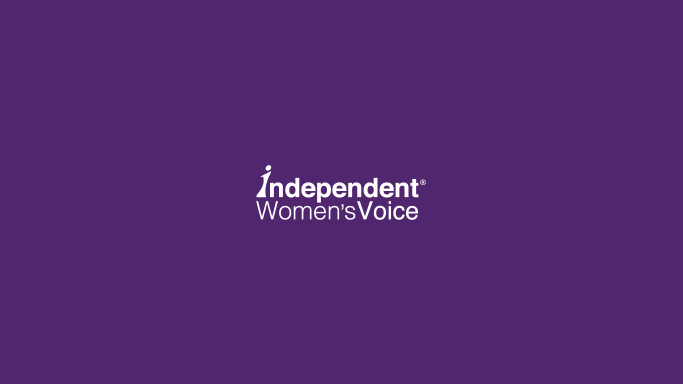There is a strange notion that health-care bills under consideration would provide health care to millions of citizens. That is incorrect: YOU will be providing that health care to millions of citizens (and very likely to quite a few thousands of non-citizens). The Congress is merely toying with different plans on how they will mandate that you do this.
It won’t be pretty. Health-care activist Betsy McCaughey came up last week with some insights into how you will pay for the new system. It is going to cost you a lot more than the current, flawed system of paying slightly higher insurance premiums or hospital bills to make up for emergency room visits of those who can’t pay. McCaughey has some estimates based on available figures from the Congressional Budget Office:
An individual earning $44,000 before taxes who purchases his own insurance will have to pay a $5,300 premium and an estimated $2,000 in out-of-pocket expenses, for a total of $7,300 a year, which is 17% of his pre-tax income. A family earning $102,100 a year before taxes will have to pay a $15,000 premium plus an estimated $5,300 out-of-pocket, for a $20,300 total, or 20% of its pre-tax income. Individuals and families earning less than these amounts will be eligible for subsidies paid directly to their insurer.
Eighteen months after the bill become law, you must be enrolled in a government-approved insurance plan. The plans haven’t been designed yet: “That’s like a banker telling you to sign the loan agreement now, then filling in the interest rate and repayment terms 18 months later,” writes McCaughey.
You’ll be required to inform the government about your health-care plan when you file your income taxes. Illegal aliens, of course, are exempt from this onerous and invasive regulation.
Medicare will be eviscerated under all the plans now under consideration, “moving from a fee-for-service payment system, in which patients choose which doctors to see and doctors are paid for each service they provide, toward what’s called a ‘medical home.’”
The medical home is this decade’s version of HMO-restrictions on care. A primary-care provider manages access to costly specialists and diagnostic tests for a flat monthly fee. The bill specifies that patients may have to settle for a nurse practitioner rather than a physician as the primary-care provider. Medical homes begin with demonstration projects, but the HHS secretary is authorized to “disseminate this approach rapidly on a national basis.”
A December 2008 Congressional Budget Office report noted that “medical homes” were likely to resemble the unpopular gatekeepers of 20 years ago if cost control was a priority.
But look on the bright side—money saved on your health-care can be directed to community organizations:
Sec. 399V (p. 1422) provides for grants to community “entities” with no required qualifications except having “documented community activity and experience with community healthcare workers” to “educate, guide, and provide experiential learning opportunities” aimed at drug abuse, poor nutrition, smoking and obesity. “Each community health worker program receiving funds under the grant will provide services in the cultural context most appropriate for the individual served by the program.”
Gosh, I hope this means Bingo games.
But I bet it doesn’t.

